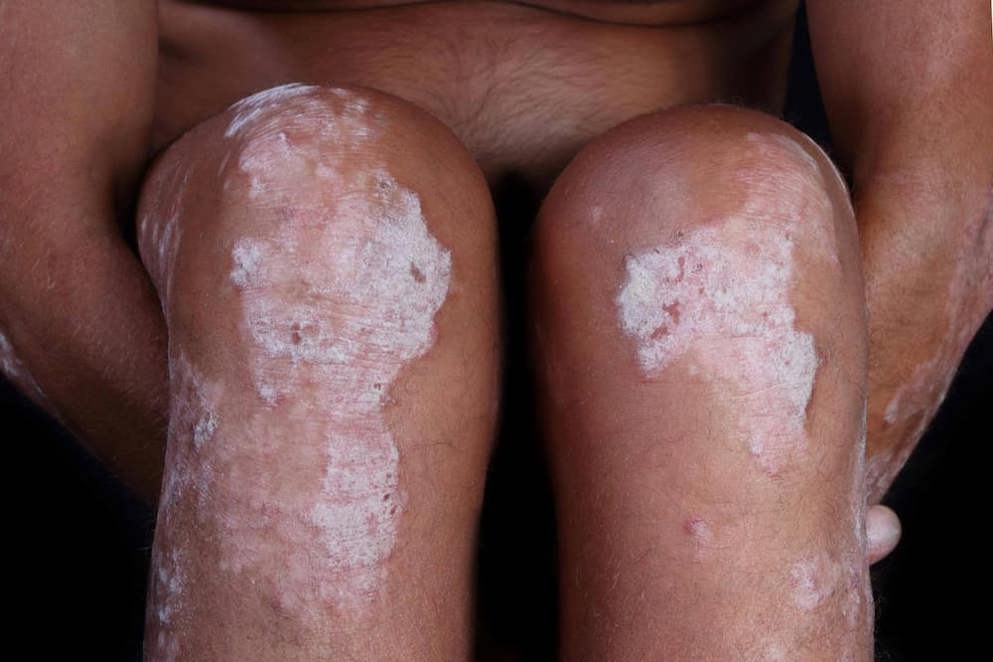News
Arcutis announces positive topline results from pivotal DERMIS-1 and -2 phase III trials of topical roflumilast cream (ARQ 151) in plaque psoriasis.
Arcutis Biotherapeutics, Inc. announced positive topline results from the DERMIS-1 and DERMIS-2 pivotal Phase III studies evaluating roflumilast cream (ARQ 151) as a potential topical treatment for plaque psoriasis. Roflumilast cream is a once daily topical formulation of roflumilast, a highly potent and selective phosphodiesterase type 4 inhibitor (PDE4).
On the studies’ primary endpoint of Investigator Global Assessment (IGA) Success at week 8, roflumilast cream 0.3% had an ‘IGA Success’ rate in DERMIS-1 of 42.4% compared to a vehicle rate of 6.1% (P<0.0001), and in dermis-2 an ‘iga success’ rate of 37.5% compared to a vehicle rate of 6.9% (p><0.0001). iga success was defined as an iga score of clear or almost clear and at least a 2-grade improvement from baseline. roflumilast cream 0.3% also demonstrated statistically significant improvements over vehicle on key secondary endpoints, including on intertriginous iga (i-iga) success, psoriasis area severity index-75 (pasi-75), reductions in itch as measured by the worst itch-numerical rating scale (wi-nrs), and patient perceptions of symptoms as measured by the psoriasis symptoms diary (psd).. in dermis-1 and dermis-2, roflumilast cream was generally safe and well-tolerated. the incidence of treatment emergent adverse events (teaes) was low and similar between active treatment and vehicle, with most teaes assessed as mild to moderate in severity. overall, 90% of patients who were randomized to roflumilast cream in the studies completed the full 8 weeks. among subjects receiving roflumilast cream, there were only 5 discontinuations in dermis-1 due to a teae (1.7% of subjects) and 1 discontinuation in dermis-2 due to teae (0.3% of subjects), and there were no treatment-related serious adverse events (saes).>
Condition: Psoriasis
Type: drug

